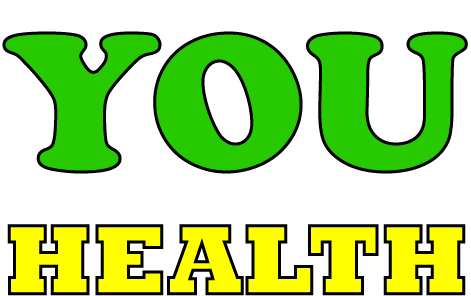Sunlight has long been known to have a positive impact on our health and well-being. In this article, we will explore the various benefits of daily exposure to sunlight, backed by scientific research from reputable sources such as peer-reviewed medical journals, PubMed, Scopus, and the Cochrane Library. We’ll delve into the science behind these benefits and provide practical advice for safely enjoying the sun’s rays. But first, let’s take a look at the primary reasons why sunlight is essential for our health.
The Science Behind Sunlight and Health
1. Vitamin D Production
One of the most well-known benefits of sunlight exposure is the production of vitamin D in our bodies. When ultraviolet B (UVB) rays from the sun interact with our skin, they trigger the synthesis of vitamin D, a nutrient crucial for our overall health. This vital vitamin plays a role in:
- Maintaining strong bones and teeth
- Supporting the immune system
- Regulating mood and warding off depression
2. Circadian Rhythm Regulation
Our bodies have an internal clock known as the circadian rhythm. It’s responsible for regulating our sleep-wake cycle, hormone production, and various other physiological processes. Exposure to sunlight, particularly in the morning, helps synchronize our circadian rhythm, promoting better sleep and overall health.
Health Benefits of Daily Sunlight Exposure
Now that we understand the science behind sunlight and health, let’s explore some specific health benefits associated with daily sun exposure.
3. Improved Mental Health
Studies have shown that sunlight exposure can have a positive impact on mental health, particularly in reducing symptoms of depression and anxiety. Sunlight exposure is also linked to increased serotonin production, which helps regulate mood and boost happiness.
4. Enhanced Sleep Quality
As mentioned earlier, sunlight exposure plays a role in regulating our circadian rhythm. By getting regular sunlight exposure, especially in the morning, we can improve sleep quality and duration.
5. Reduced Risk of Certain Cancers
Research suggests that moderate sunlight exposure can reduce the risk of certain cancers, including colon, breast, and prostate cancer, by promoting vitamin D production.
6. Lower Blood Pressure
Sunlight exposure has been found to help lower blood pressure by stimulating the production of nitric oxide, a molecule that helps dilate blood vessels.
7. Strengthened Immune System
Vitamin D, synthesized through sunlight exposure, plays a crucial role in supporting our immune system and its ability to fight off infections and diseases.
Tips for Safe Sun Exposure
While daily sunlight exposure is beneficial for our health, it’s essential to practice sun safety to avoid the risk of skin cancer and other harmful effects. Here are some tips for safe sun exposure:
- Time your sun exposure: Aim for 10-30 minutes of sun exposure per day, depending on your skin type and location. Morning and late afternoon are the safest times, as the sun’s rays are less intense.
- Wear protective clothing: Long-sleeved shirts, wide-brimmed hats, and sunglasses can protect your skin from harmful UV rays.
- Apply sunscreen: Use a broad-spectrum sunscreen with an SPF of at least 30 to protect your skin from both UVA and UVB rays.
- Seek shade: When the sun’s rays are most intense, find shade or create your own with an umbrella.
The Importance of Balance
Finding the right balance between sun exposure and sun protection is crucial. While it’s important to get enough sunlight for the health benefits, excessive exposure can lead to skin damage, premature aging, and increased risk of skin cancer. Always listen to your body and adjust your sun exposure based on your skin type, age, and location.
Conclusion
Daily exposure to sunlight offers numerous health benefits, from improved mental health and sleep quality to a reduced risk of certain cancers and a strengthened immune system. By understanding the science behind these benefits and practicing sun safety, we can make the most of this natural resource while minimizing potential risks.
Warning: Do not attempt self-medication or self-treatment based on the information provided in this article. Always consult a healthcare professional before making any changes to your health routine.





